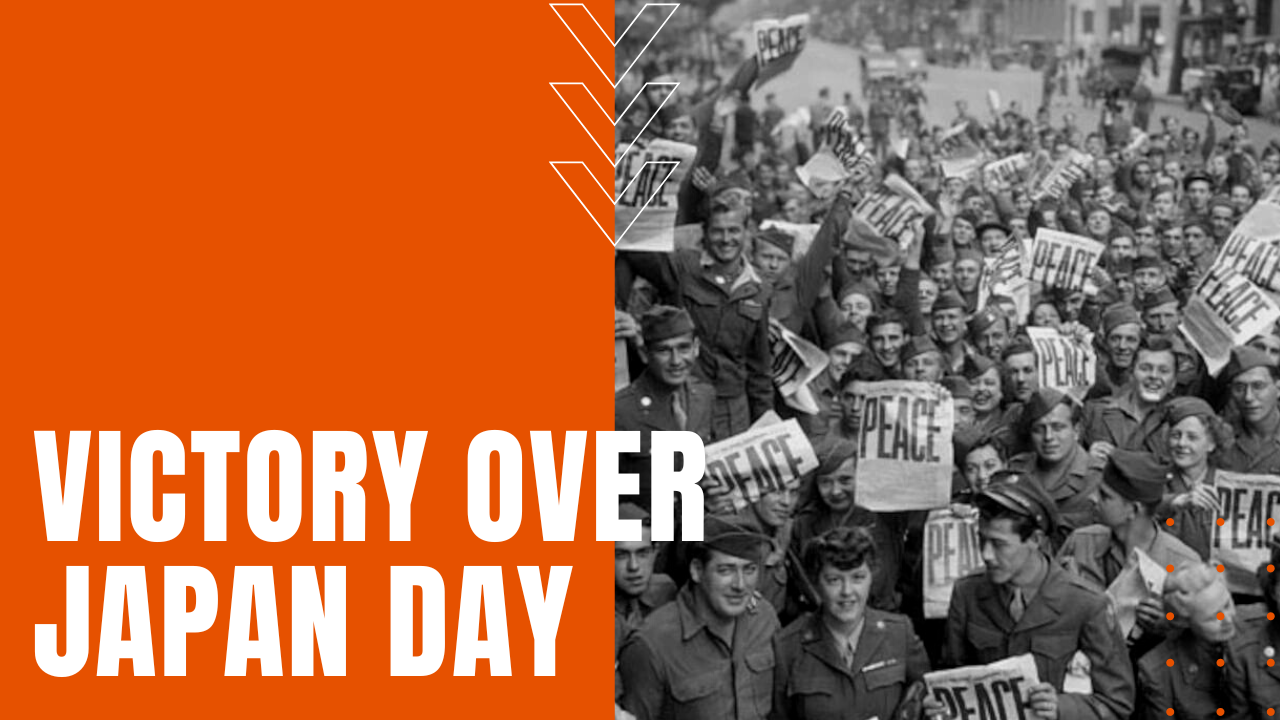VJ Day: Victory over Japan in World War II

After Germany’s surrender on May the 8th, 1945, VE Day celebrations in the Allied nations of Europe and America were raucous and jubilant, subdued, however, by the knowledge that war raged on in the Pacific Theater, and while the noose was tightening on the Empire of Japan after bloody Allied victories at Iwo Jima and Okinawa, the Japanese vowed to fight to the bitter end.
Allied Land Invasion of Japan Considered
In advance of a anticipated land invasion of Japan, codenamed Operation Downfall—an invasion that would cost an estimated one million Allied lives—President Harry S. Truman decided over the moral reservations of Secretary of War Henry Stimson, that a nuclear bomb detonation over a Japanese city would end Japan’s resistance once and for all. Japan’s continued belligerence after the first enriched
Massive Civilian Casualties
uranium nuclear bomb dropped on Hiroshima, taking the lives of 80,000 to 126,000 people, a second nuclear detonation over Nagasaki, this time a complex plutonium 239 nuclear detonation finally brought Emperor Hirohito to the peace table. Insert Truman’s announcement This time around, after years of sacrifice, bloodshed and grinding anxiety, citizens of the Allied nations celebrated the end of World War Two with unabashed jubilation, including massive crowds in downtown London.
The Free World Celebrates
In New York City, Time Square erupted like never before, as sailors climbed lampposts to unfurl American flags, under a snowstorm of ticker tape that rained down endlessly upon the celebrants. Small towns like North Platte Nebraska witnessed fireworks, parades and an abundance of confetti, while San Francisco and Honolulu saw marching bands, parades and still more ticker tape.
The High Cost of War
To many, however, VJ Day proved to be joyous yet bittersweet, in light of the war’s frequently indescribable destructiveness, taking the lives of more than 400,000 Americans and an estimated 65 million people worldwide. “It was too much death to contemplate,” historian Donald L. Miller wrote in his engaging book, The Story of World War II. “Too much savagery and suffering; and in August 1945 no one was counting. For those who had seen the face of battle and been in the camps and under the bombs—and had lived—there was a sense of immense relief.” The war, at last, was over.
